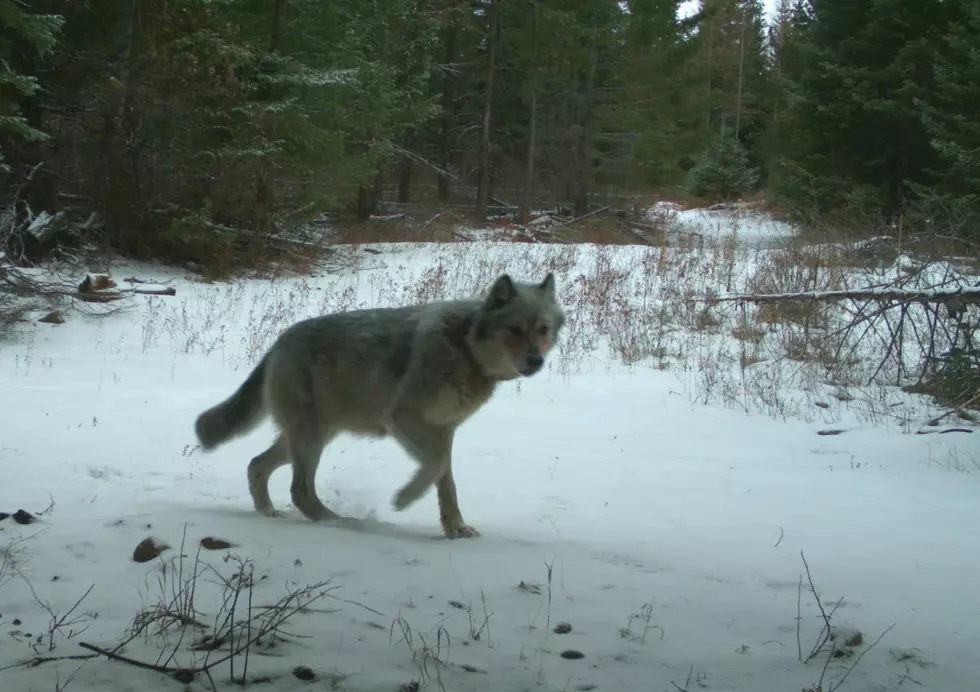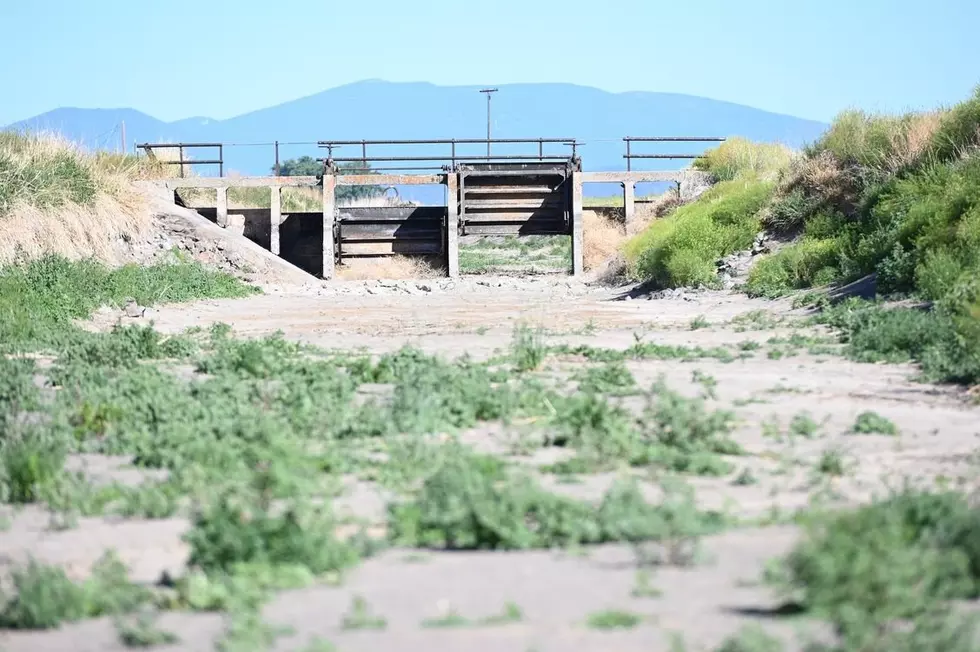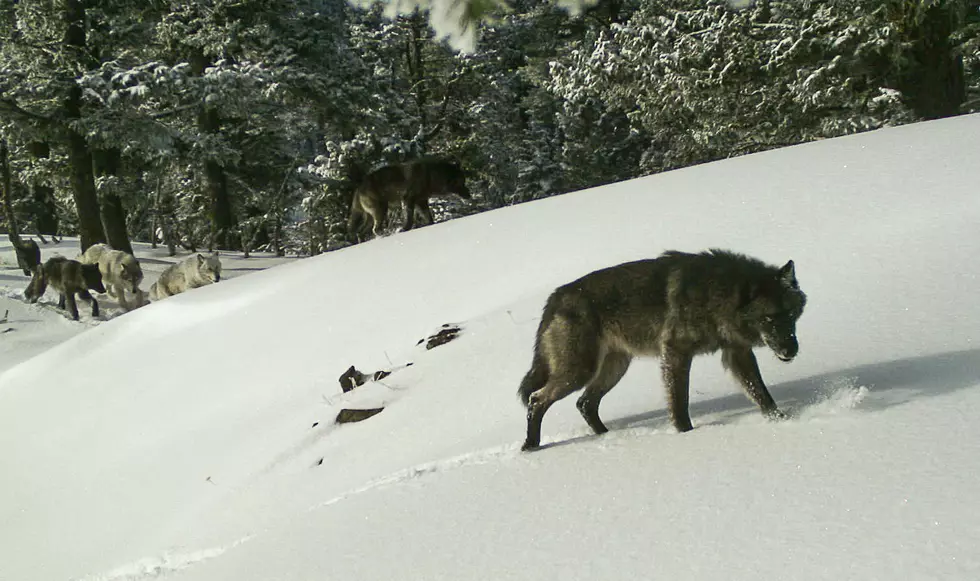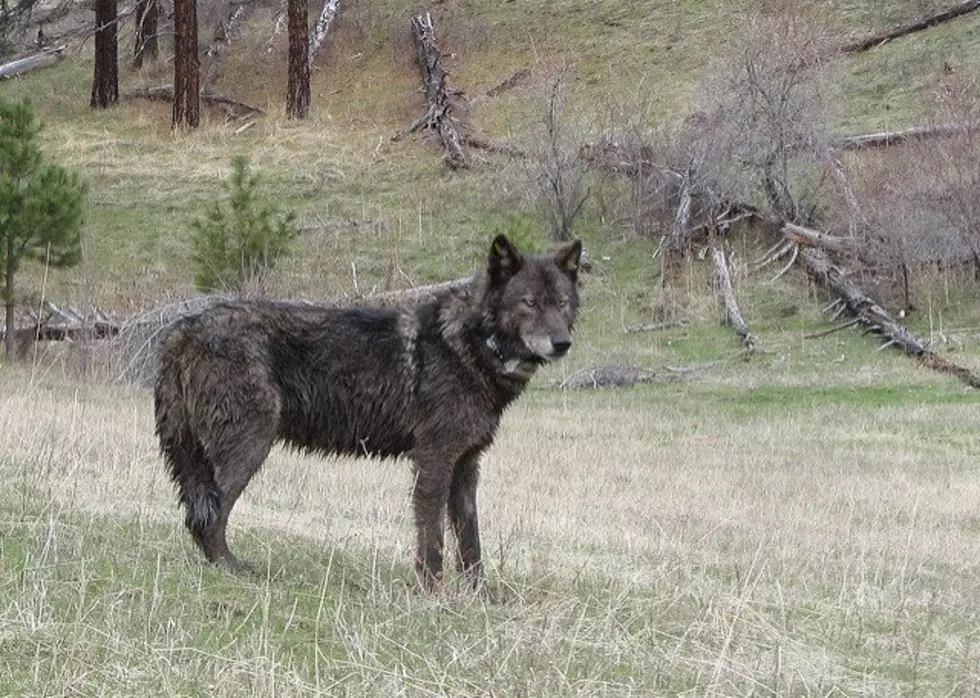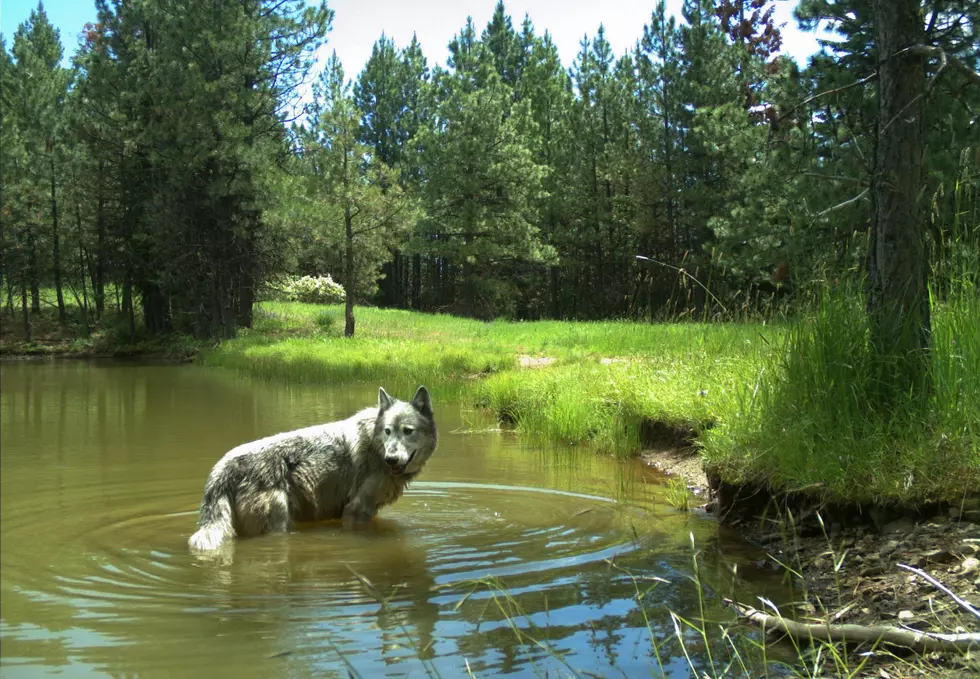
ODFW: Rogue Pack Responsible For Three Depredations Over the Past Week
The Oregon Department of Fish and Wildlife says the Rogue Pack is responsible for three confirmed depredations over the past week. All three took place in the Ft. Klamath area of Klamath County.
On the morning of Friday, July 22nd, a ranch manager found a dead, 850-pound, yearling steer in a large private-land grass pasture. ODFW crews said most of the rear half had been consumed; the front quarters and neck remained intact. It is estimated the steer died approximately 36 hours prior to the investigation.
Pre-mortem tooth scrapes measuring up to 2" long and ¼" wide were observed behind the elbow on one front quarter. Areas of pre-mortem hemorrhage and trauma to underlying soft tissues were observed near both elbows. The injuries are consistent with injuries on other steers attacked by wolves.
Then on Saturday morning, another producer found a dead, approximately 825 pound, yearling steer in a large private-land grass pasture. Portions of the two hindquarters and intestines had been consumed with the remaining tissues intact. It is estimated the steer died approximately 36-48 hours prior to the investigation.
Multiple pre-mortem tooth scrapes measuring up to three inches long and ¼ inch wide were observed on both hindquarters. There were areas of pre-mortem hemorrhage and soft tissue trauma up to 1.5 inches deep observed on the neck/brisket and both hindquarters above the hock. The injuries are consistent with injuries on other cattle attacked by wolves.
And then on Tuesday, July 26th, a livestock producer came across a dead, approximately 750 lb., yearling steer in a 200-acre private-land grass pasture.
The carcass was mostly intact with some muscle tissue missing from the upper hindquarters. The steer died approximately 72 hours prior to the investigation. Multiple pre-mortem bite scrapes measuring up to four inches long and ¼ inch wide with associated pre-mortem hemorrhaging and tissue trauma up to an inch deep were observed behind the elbow and on the right hindquarter of the carcass. The bite mark measurements and their location are consistent with injuries to cattle attacked by wolves. While these injuries are not believed to have been severe enough to have caused the death of this cow at the time of the attack, these injuries provide evidence that this animal was attacked by wolves prior to its death.
If you have a story idea for the PNW Ag Network, call (509) 547-1618, or e-mail glenn.vaagen@townsquaremedia.com
More From PNW Ag Network



